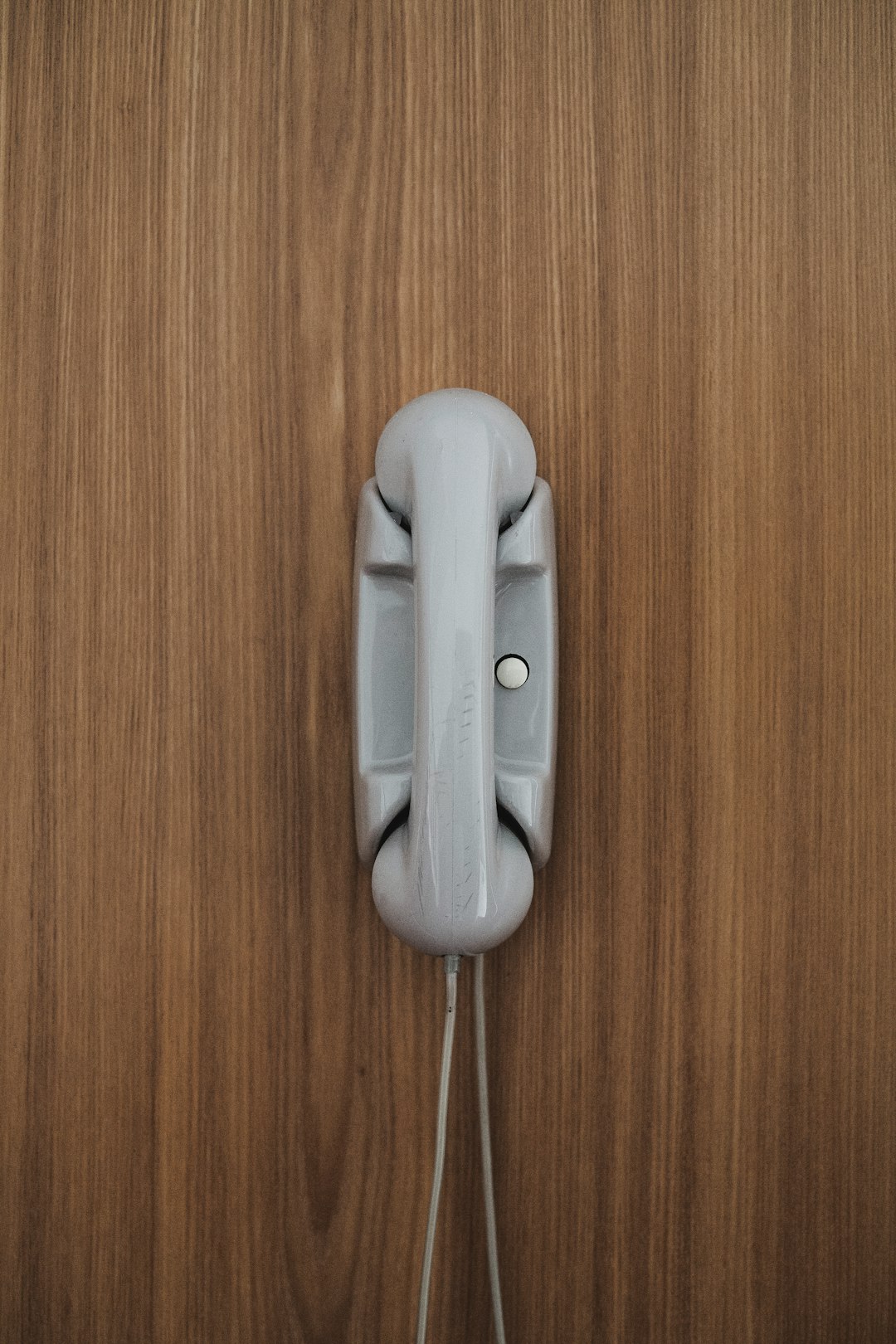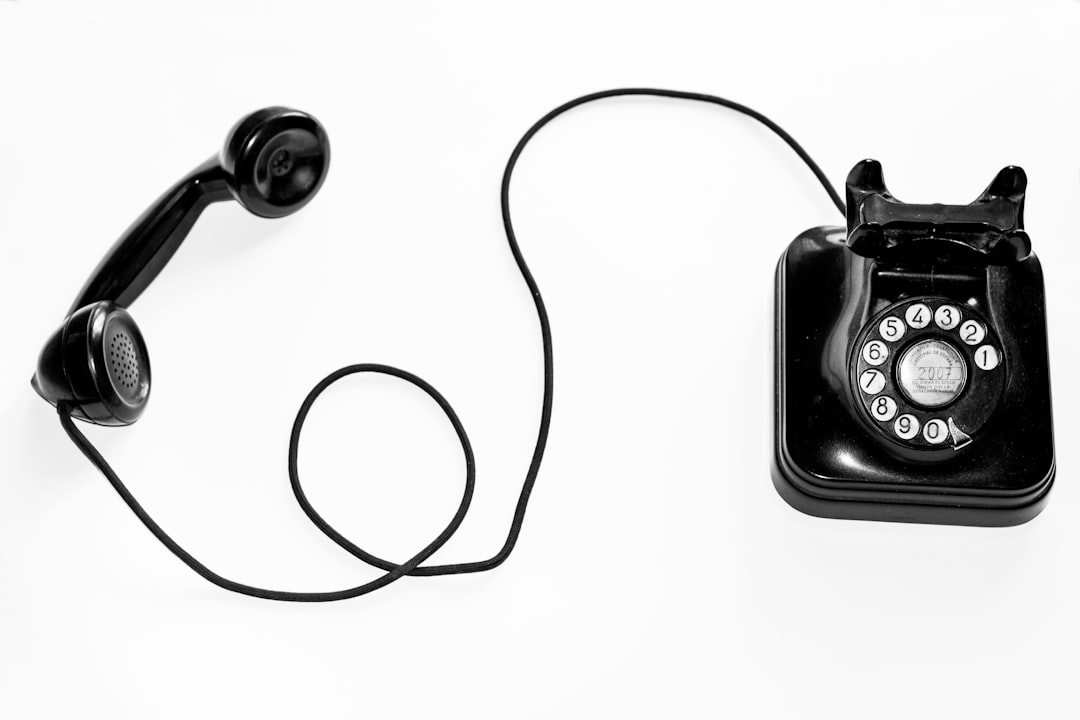In Nebraska, the autodialer market combines traditional systems and emerging tech, primarily used by law firms for client outreach despite state regulations on automated calls. Businesses strive for compliance while leveraging personalized messaging and advanced features. Future trends include AI-driven analytics, cloud integration, and revolutionary legal practices, with increased focus on consumer consent acquisition and management. Autodialer law firms in Nebraska play a crucial role in navigating these changes, ensuring ethical use of technology while enhancing client relationships and business positioning.
The future of autodialers in Nebraska is an exciting yet regulated landscape. With evolving technologies, such as AI-driven scripts and automated text message personalization, autodialers are transforming how law firms and businesses connect with clients. However, navigating the complex legal landscape of autodialer regulations is crucial for compliance. This article explores current trends, predicts their impact on Nebraska’s legal sector, delves into ethical considerations, and highlights best practices for responsible autodialer use in the state, focusing on effective strategies for law firms.
Current State of Autodialers in Nebraska

In Nebraska, the current state of autodialers is characterized by a mix of traditional automated phone systems and emerging technologies. Many local businesses, particularly law firms, utilize autodialers for client outreach and marketing efforts, aiming to streamline their communications processes. However, the use of these systems is not without legal considerations; the state has specific regulations regarding telemarketing practices, including restrictions on automated calls to personal phones, which are enforced by the Nebraska Public Service Commission.
Despite these regulations, the demand for efficient client engagement tools remains high. Law firms in Nebraska are exploring advanced autodialer solutions that offer personalized messaging, dynamic number selection, and compliance features built-in to avoid legal pitfalls. This shift towards more sophisticated technology underscores the evolving nature of autodialers in the state, reflecting a balance between business needs and consumer protection.
Legal Landscape: Autodialer Regulations and Compliance

In Nebraska, the legal landscape surrounding autodialers is evolving as regulatory bodies aim to balance consumer protection with technological advancements. As an autodialer law firm in Nebraska, we’re witnessing a surge in regulations designed to govern automated calling practices. Key acts like the Telephone Consumer Protection Act (TCPA) set strict guidelines for businesses using autodialers, emphasizing consent and do-not-call lists. Compliance is crucial; violations can lead to substantial fines.
Nebraska’s attorney general has actively enforced these laws, sending cease-and-desist letters to companies engaging in abusive calling practices. Going forward, we predict increased scrutiny on how businesses acquire and manage consumer consent, with a focus on transparency and opt-out mechanisms. Staying current with autodialer law firm updates from Nebraska regulatory authorities will be vital for businesses seeking to maintain compliance while leveraging the benefits of automated communication technologies.
Emerging Technologies Shaping Future Autodialer Use

The future of autodialers in Nebraska is being significantly shaped by emerging technologies, which are transforming how law firms and businesses communicate with their clients. Advanced AI-driven autodialer systems are now equipped with sophisticated predictive analytics, allowing for more personalized and effective outreach strategies. These innovations enable automated calls to be made at the optimal time, increasing the likelihood of customer engagement.
Additionally, integration of cloud-based technologies has enhanced the scalability and flexibility of autodialer law firm Nebraska operations. This ensures businesses can easily adapt their communication strategies to changing market dynamics. With real-time data processing capabilities, modern autodialers can now identify and target specific demographics, making marketing efforts more precise and successful. These technological advancements are set to redefine how legal services are delivered in Nebraska, improving efficiency and client satisfaction alike.
Predicted Impact on Law Firms and Businesses

The implementation of advanced autodialer technologies in Nebraska is poised to significantly transform legal practices and business operations across the state. Law firms, already recognizing the potential benefits, are expected to adopt autodialers at an increasing rate, streamlining their client outreach and case management processes. This shift will not only enhance efficiency but also enable legal professionals to focus more on complex tasks, improving overall service quality.
For businesses beyond the legal sector, autodialers offer a cost-effective solution for bulk communication, customer engagement, and marketing campaigns. Nebraska’s growing adoption of this technology will lead to more personalized interactions with clients and consumers, fostering stronger relationships and potentially increasing business growth rates. As autodialer capabilities continue to evolve, businesses can look forward to improved data analytics, allowing them to make informed decisions and stay competitive in a rapidly changing market landscape.
Ethical Considerations and Consumer Protection

As the use of autodialers becomes more prevalent in Nebraska, ethical considerations and consumer protection take on heightened importance. These automated dialing systems, while efficient for businesses, can also lead to intrusive marketing practices if not regulated properly. The state’s consumers deserve safeguards against unwanted calls, including clear opt-out options and transparency regarding the use of their personal information.
Auto dialer law firms in Nebraska play a crucial role in navigating these complexities. They help ensure that businesses comply with relevant regulations, such as the Telephone Consumer Protection Act (TCPA), while also protecting consumer rights. By balancing innovation and customer privacy, autodial technology can thrive ethically and responsibly in the Cornhusker State.






